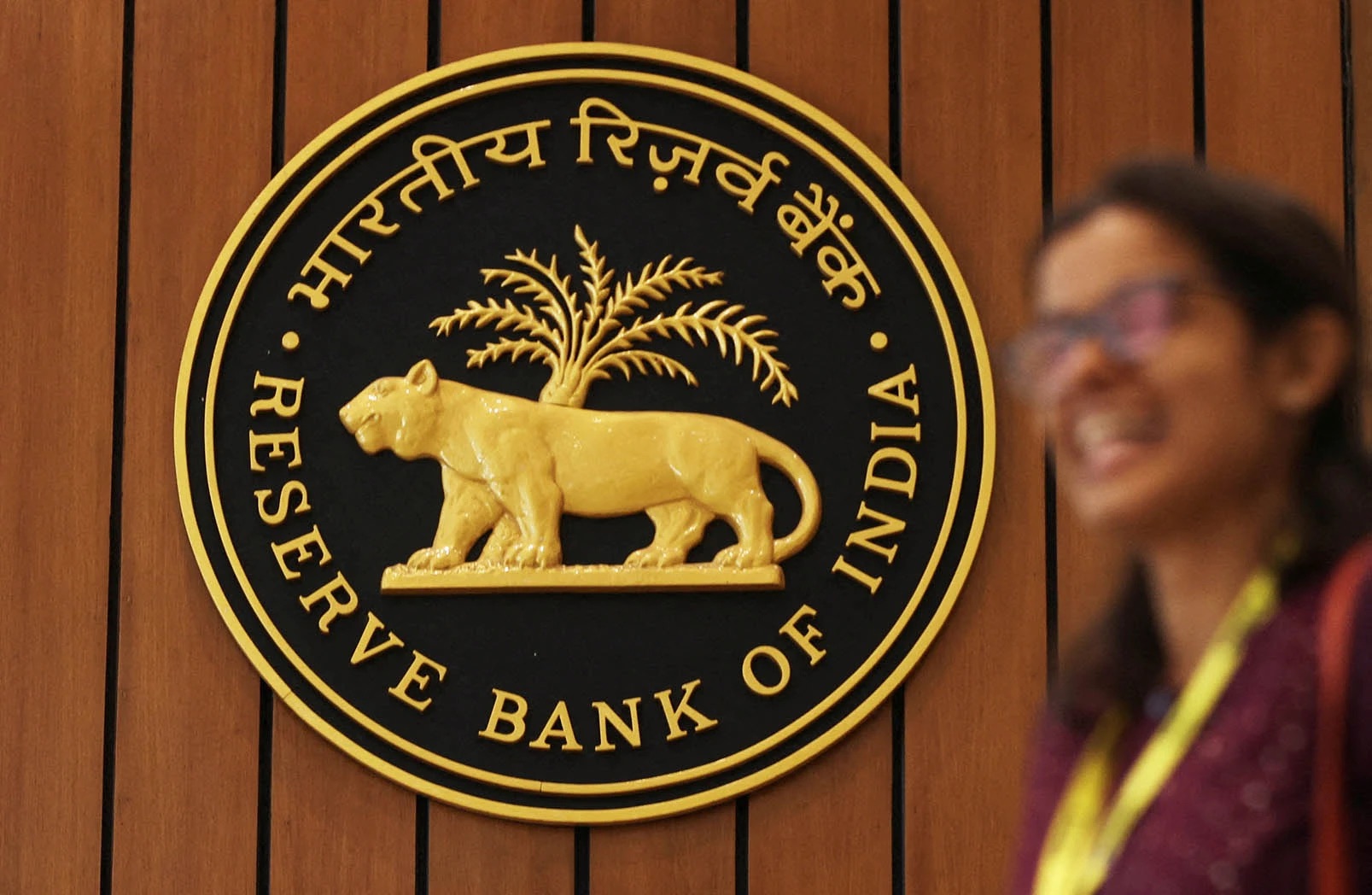
The Reserve Bank of India (RBI) is expanding its cross-border payments platform to enable instant settlements, with plans to add new trading partners in Asia and the Middle East. India has already established agreements with Sri Lanka, Bhutan, and Nepal, and is working to include the United Arab Emirates (UAE) in its settlement program. These steps aim to streamline international transactions and enhance economic cooperation.
In addition to expanding its payment networks, India is exploring the use of central bank digital currencies (CBDCs) for cross-border settlements. The digital rupee, India’s CBDC, is currently limited to bank-to-bank transactions but could be expanded to retail consumers in the future, although no timeline has been set.
India’s Progress with CBDCs and Pilot Programs
India is a strong advocate for CBDCs, joining China and Russia as global leaders in promoting digital currencies. The RBI began exploring CBDC settlements in 2020 and started pilot programs in 2022. By February 2024, RBI Governor Shaktikanta Das announced efforts to develop offline solutions for the digital rupee to reach rural areas with limited internet access.
As of August 2024, India reported approximately 5 million users in the digital rupee pilot, though Governor Das emphasized that there is no rush to launch a fully standardized CBDC for the entire population. The RBI aims to refine the system before widespread adoption.
At the Global Conference on Digital Public Infrastructure and Emerging Technologies, Governor Das revealed plans to make sovereign CBDC systems more interoperable. The RBI proposes a “plug-and-play” system to enable seamless cross-border transactions between different CBDC systems, which would improve global financial integration.
Criticism of CBDCs
Despite the potential benefits, India’s push for CBDCs has raised concerns among privacy advocates. Critics argue that centralized digital currencies could lead to government overreach and surveillance, allowing authorities to track financial transactions and restrict spending. The debate over the privacy risks of CBDCs highlights the need for robust protections to prevent misuse.
| Initiative | Details |
|---|---|
| Cross-Border Payment Expansion | Adding new trading partners, including the UAE |
| CBDC for Settlement | Exploring use of the digital rupee for cross-border payments |
| Offline Solutions for CBDC | Development of offline solutions for rural adoption |
| Digital Rupee User Base | 5 million users in digital rupee pilot as of August 2024 |
| CBDC Interoperability | Plans for “plug-and-play” system for global CBDC transactions |
India’s digital rupee initiative and expansion of cross-border payments are critical for modernizing the financial system. However, it’s crucial that these innovations address privacy concerns. While the efficiency of CBDCs can enhance global trade, the potential risks to individual freedoms must be carefully managed to ensure that digital currencies do not compromise privacy or give governments excessive control.
Featured image credit: FMT
Follow us for more breaking news on DMR
